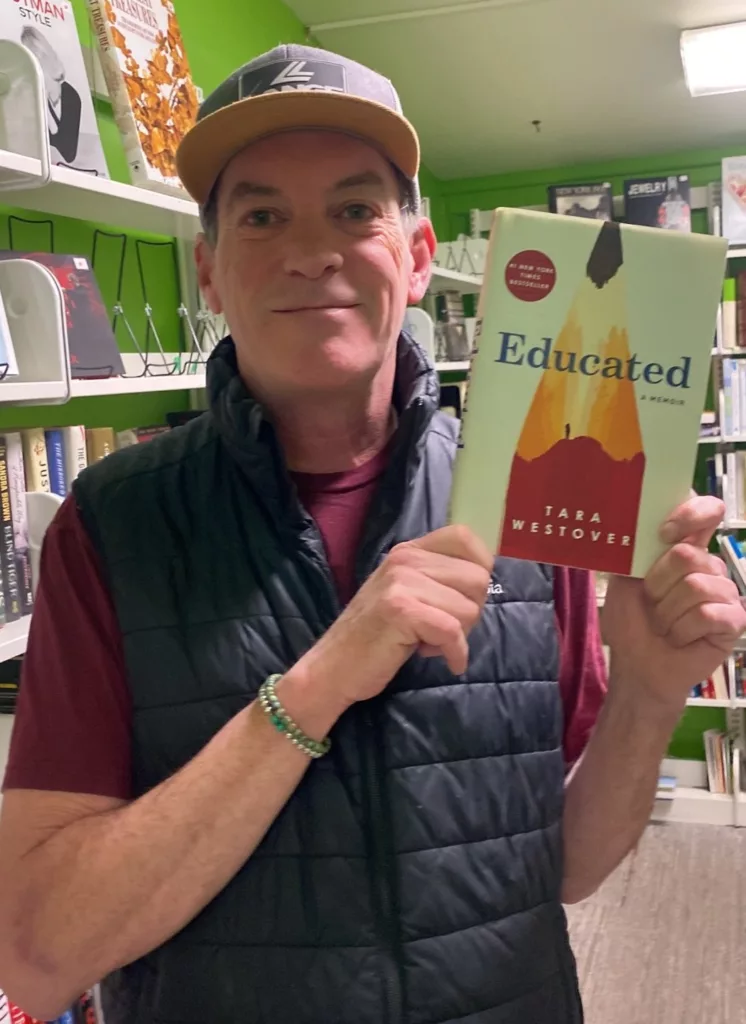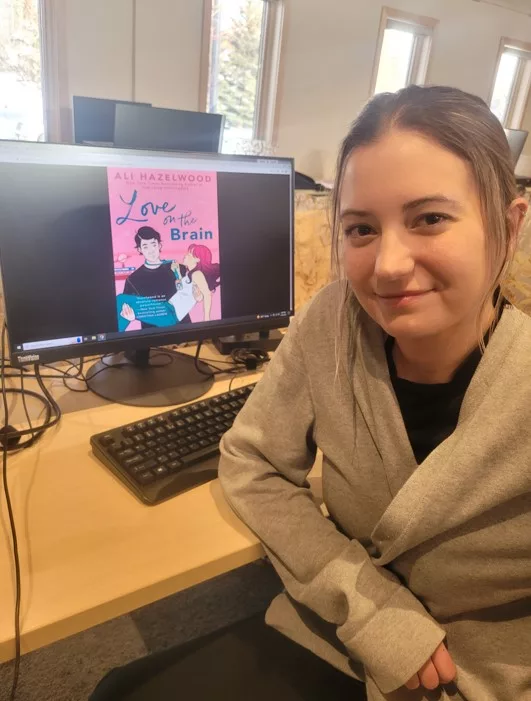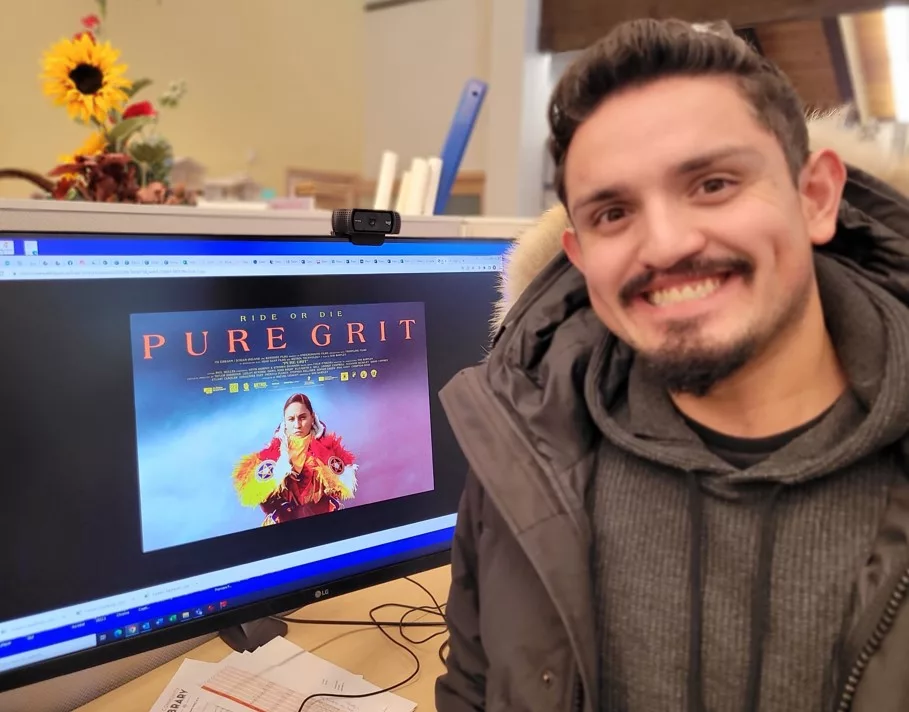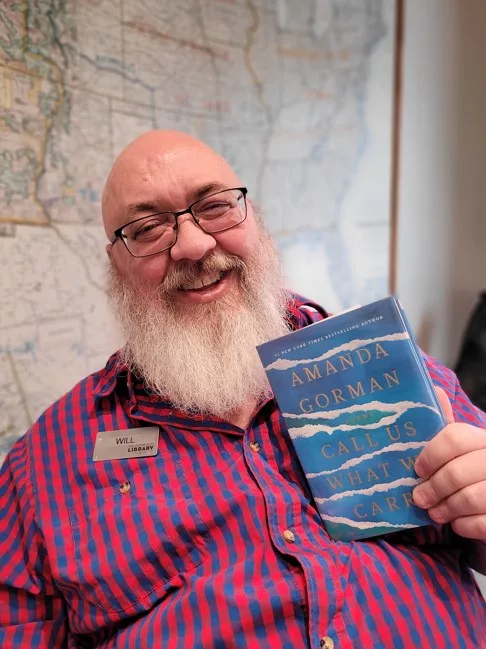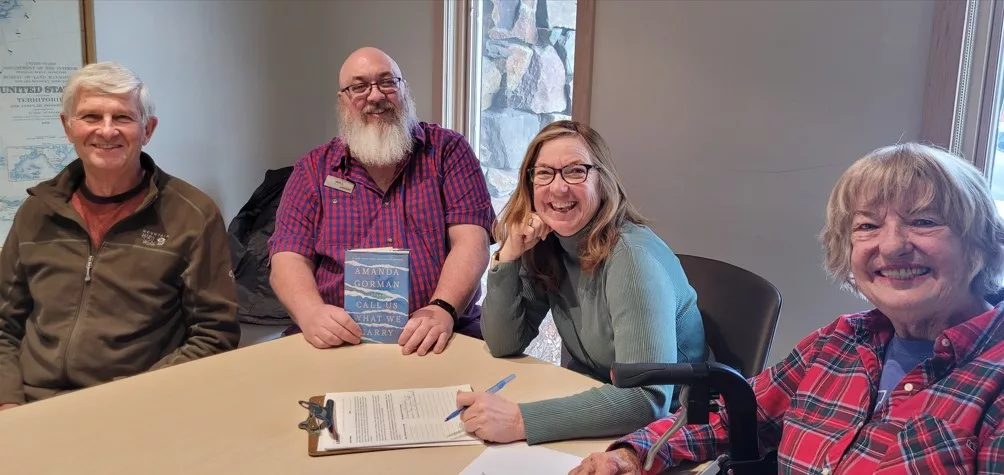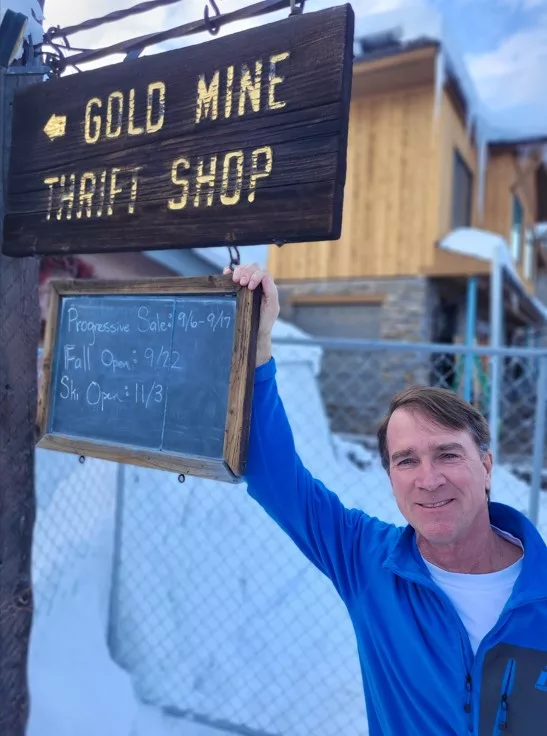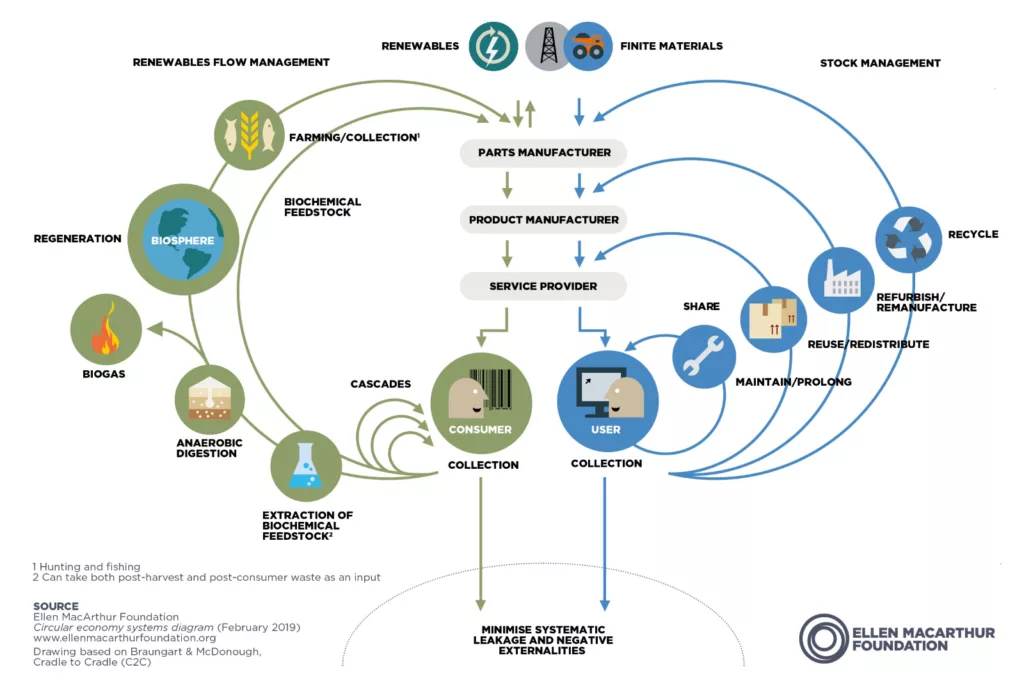Gold Mine Processing Associate, Brenda Cook, recommends Running with Sherman by Christopher McDougall.
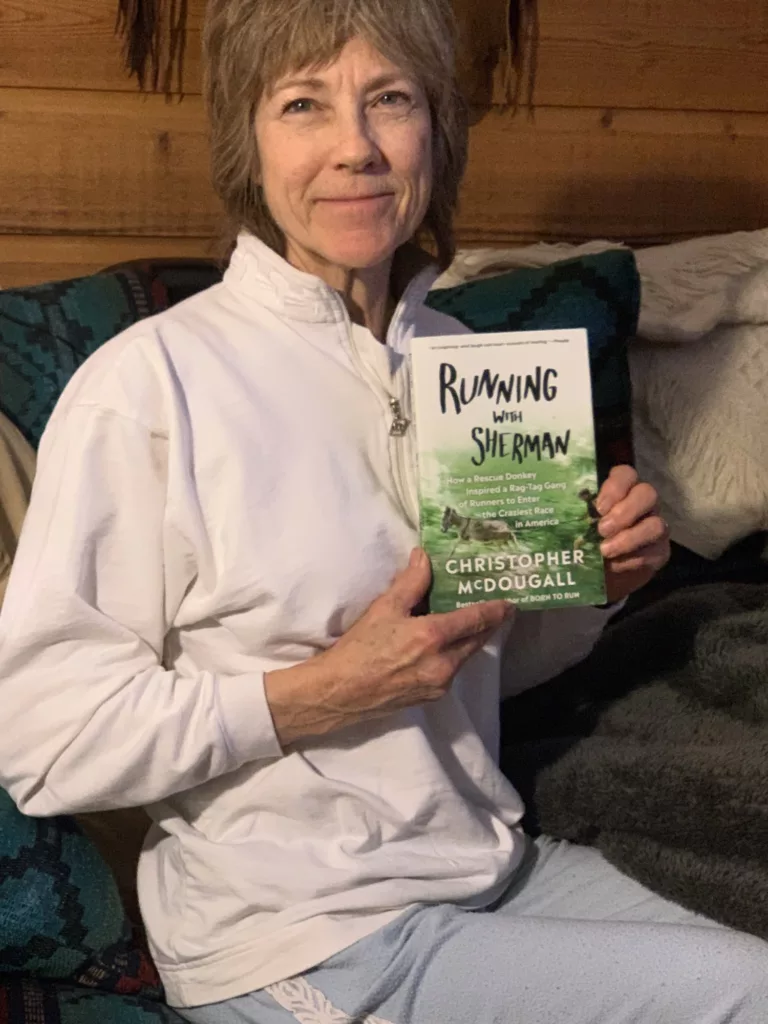
The book, Running with Sherman: The Donkey With the Heart of a Hero, is based on a true story, and will appeal to many. After taking in an abused donkey, the author, Christopher McDougall, is determined to compete in a grueling 10-mile burro race. While your donkey is tethered to you much like a dog on a leash, you must endure the challenge up and down a mountainside in Colorado.
The journey not only heals Sherman but everyone who connects with him, especially Zeke. Zeke suffered from depression so severely, he tried to take his own life. The bond created between Sherman, the donkey and Zeke gives an understanding of the impact animals can have on individuals.
Living in Pennsylvania, the team against all odds succeed in their journey to Colorado and the race of their dreams.
This is a very relaxing read that encourages inspiration, determination, and gratitude. I highly recommend this book, it will leave you feeling good.
